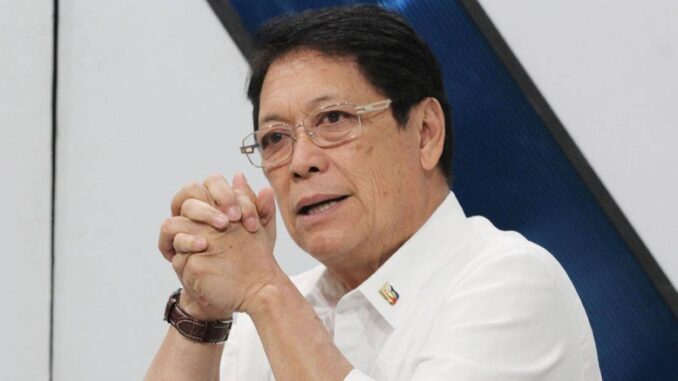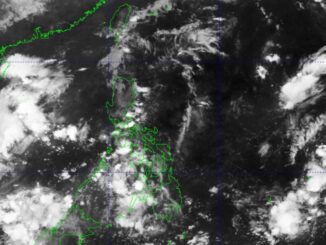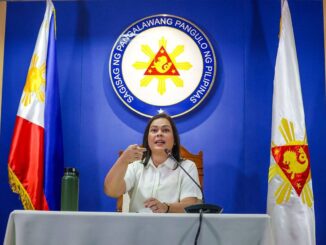
FORMER labor Secretary Silvestre Bello III will step down as chief of the Manila Economic and Cultural Office (MECO), leaving behind “a benchmark of excellence” and “outstanding leadership and governance” of the Philippine representative office in Taiwan.
Bello will relinquish his post today, September 30, to former presidential communications secretary Cheloy Garafil.
Last September 17, President Ferdinand Marcos Jr., “through a letter of desire,” recommended Garafil as member and chairman of the MECO, the Philippines’ de facto embassy in Taiwan.
The President nominated her to the post in July 2022.
The Federation of Filipino Communities in Taiwan, in a letter to the President, said their support for Bello “is a testament to his effective leadership and the trust he has built within the community.”
Bello “has been instrumental in fostering strong ties between the Filipino community and the broader Taiwanese society.
His work involved addressing the needs and concerns of Filipinos living and working in Taiwan, ensuring their rights are protected and promoting their welfare.
Such efforts not only enhance the quality of life for individuals but also strengthen the cultural and social bonds between the two nations,” the federation said.
The Filipino Community Association in Central Taiwan, on the other hand, said MECO, under Bello’s stewardship, had brought its services closer to the Filipino migrants and workers in Taiwan.
Bello’s “unwavering dedication, hands-on help, initiatives and efforts in strengthening linkages with the Taiwan government has contributed greatly in raising the standards, wages, living and working conditions of our Filipino migrants in Taiwan,” another Filipino community organization said.
The Filipino Community in Southern Taiwan said Bello’s “laudable and praiseworthy guidance over his people and the community has set a high standard for other leaders to follow. [His] commitment to good governance is exemplary and very evident, and such has not gone unnoticed.”
There are more than 30 organizations of overseas Filipino workers (OFWs) and Filipino migrants in Taiwan.





Be the first to comment